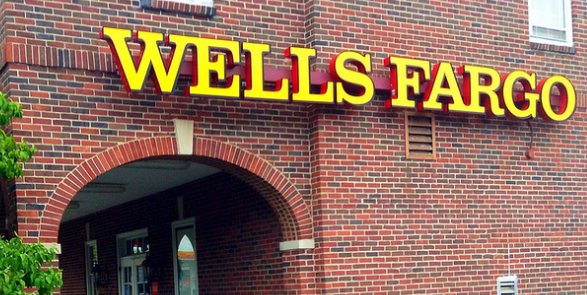Now that Wells Fargo has admitted bank employees opened up more than two million unauthorized accounts, it’s no surprise that customers who may have been hit with fees and charges because of these bogus accounts are firing back at the bank with a lawsuit, but they might never get their day in court. [More]
abuses

Wells Fargo Customers Accuse Bank Of Fraud, Negligence After Employees Open Fake Accounts

Four Years After Reaching Deal With Regulators, Six Banks Still Haven’t Fixed Foreclosure Problems
Back in 2011, several of the nation’s largest banks entered into a settlement with federal regulators that required the institutions to correct widespread foreclosure abuses that helped to trigger the housing crisis. While the agreement was revised in 2013 to make things a bit easier for the offending banks, regulators today announced that six of the lenders – including JPMorgan Chase and Wells Fargo – still haven’t met requirements and face new restrictions on their mortgage operations. [More]

Abusive Lending Practices Can Lead To Negative Long-Term Consequences For Borrowers, Communities
Every year, more than 12 million Americans spend $17 billion on payday loans, despite the fact research has shown these costly lines of credit often leave borrowers worse off. Yet abusive lending practices are not relegated to borrowers in need of a couple hundred dollars to stay afloat until their next paycheck; there are mortgages, car loans, and other traditional lines of credit that can leave the borrower in a bind. Even if you never find yourself on the wrong end of a predatory loan, these products can still be a drain on your entire community. [More]

President Obama Meets With Credit Card Executives Today To Tell Them They Are Not Approved
It’s a good week for consumer protection against abusive credit card practices. Yesterday, the House Financial Services Committee approved the Credit Cardholders’ Bill of Rights, and this afternoon President Obama is meeting with officials from 14 credit card companies to tell them “that greater consumer protections are coming for their customers, with or without their cooperation.”

